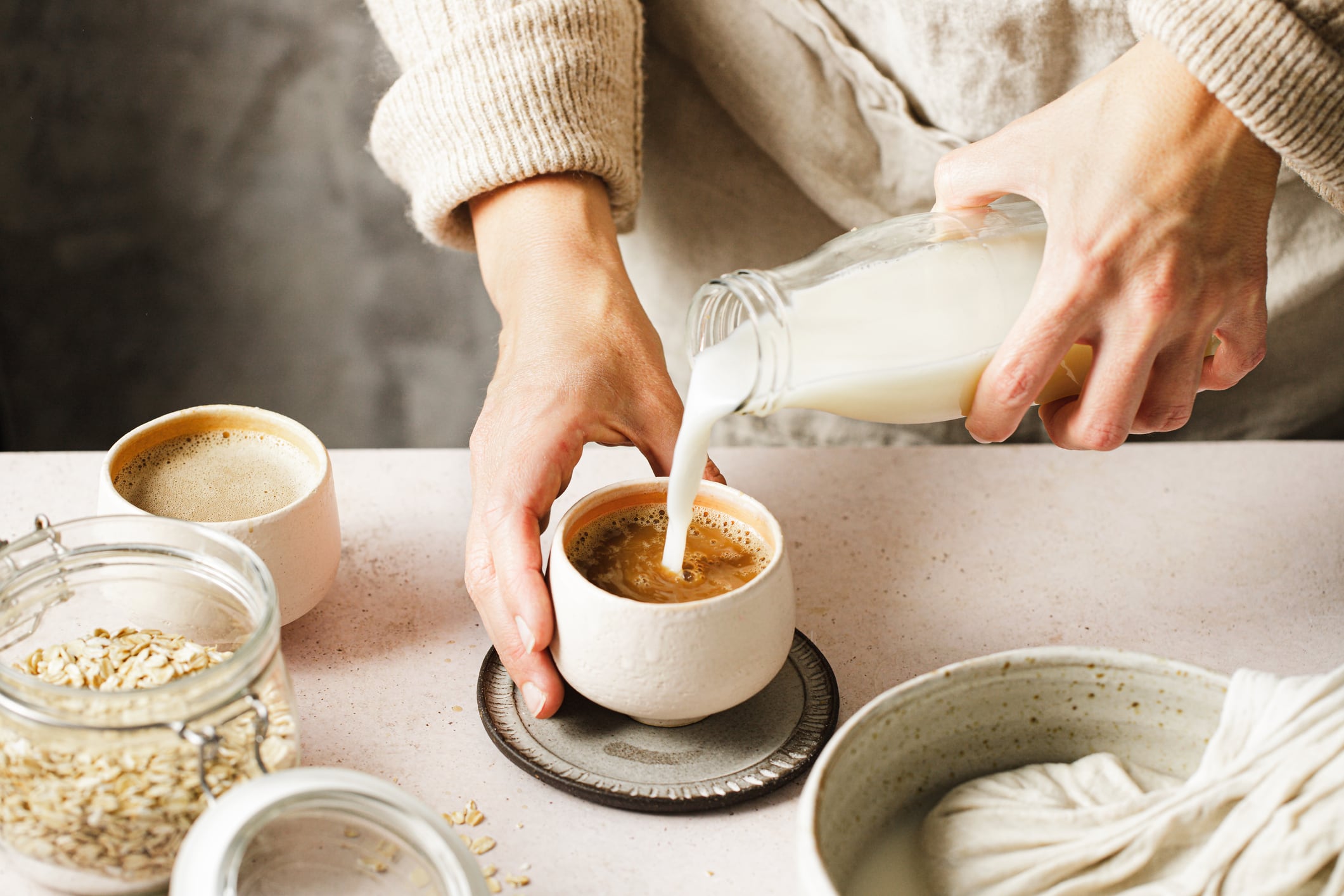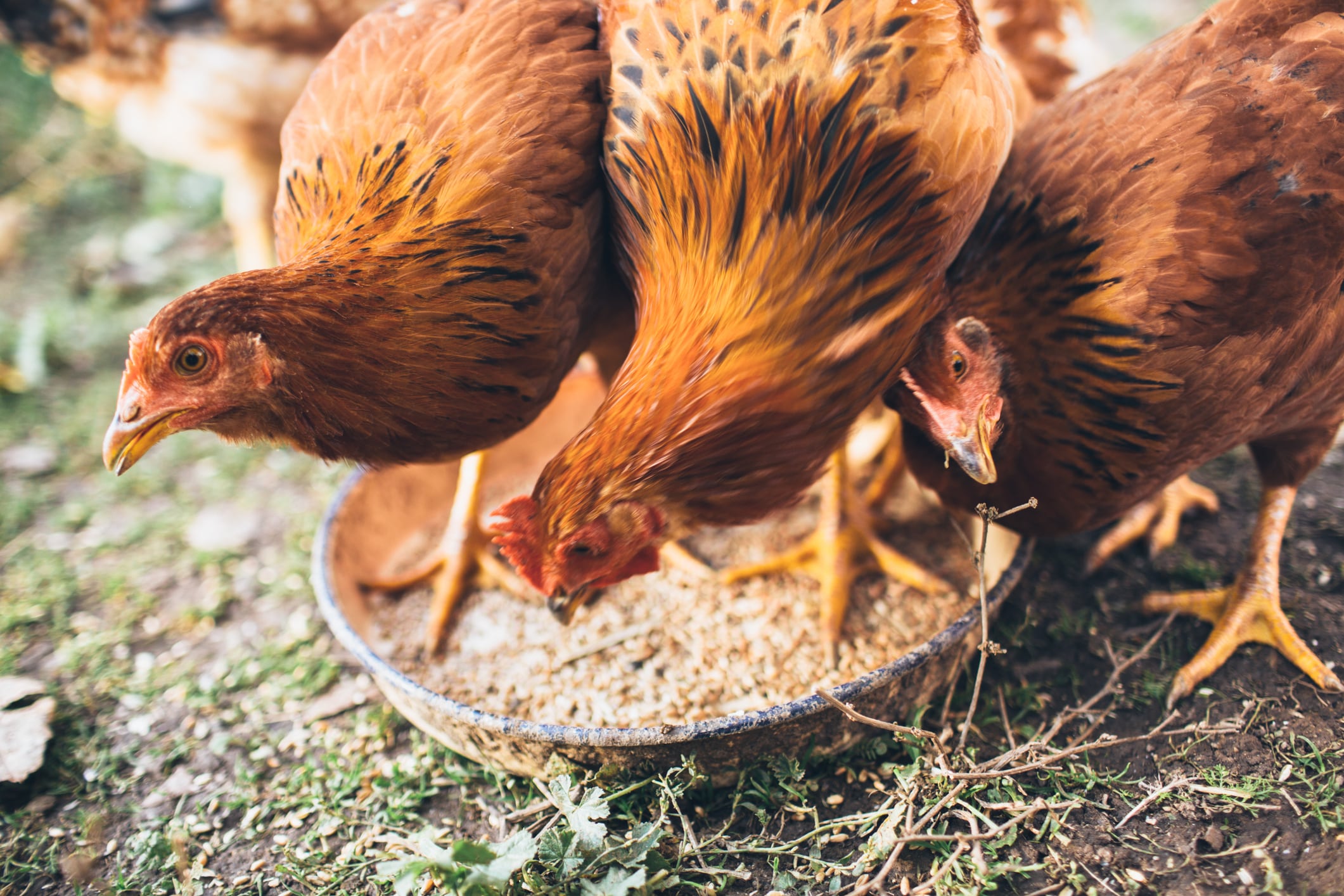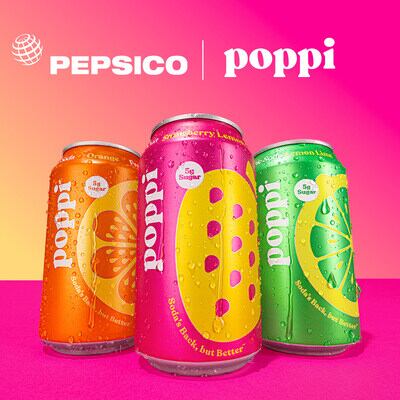Oatly is a brand known across the EU and UK for producing alternatives to dairy products, such as its popular oat drink. On 23 April 2021, Oatly obtained a UK trade mark for ‘POST MILK GENERATION’. The trade mark was registered in respect of a range of goods in Classes 25, 29, 30 and 32. These classes include goods such as oat-based drinks as milk substitutes, oat-based sauces, oat-based food spreads, oat-based energy drinks, oat-based fruit drink beverages and others.
Some seven months later, Dairy UK, the trade association for the UK dairy industry, filed an application in the UK Intellectual Property Office for a declaration that the trade mark was invalid under the UK Trade Marks Act 1994. The relevant sections hold that a trade mark is not to be registered if it is “of such a nature as to deceive the public” or “if or to the extent that its use is prohibited…by any enactment or rule of law” (similar provisions exist under Irish law too).
Dairy UK argued the trade mark was deceptive because it contained the word ‘milk’ in respect of goods which do not comprise or contain milk or milk products, and that use of the trade mark was also prohibited under the EU regulation which establishes a common organisation of the markets in agricultural products. The regulation was subsequently amended with effect in the UK following the UK’s exit from the EU.
In January 2023, the Registrar of Trade Marks held that the invalidity application succeeded on the basis that the trade mark’s use was prohibited by the regulation in respect of the goods in Classes 29, 30 and 32 only. An appeal of this decision by Oatly was successful, but Dairy UK subsequently appealed further to the Court of Appeal, raising issue with the interpretation of the regulation, as assimilated into UK law.
Understanding the regulation
The regulation provides under Article 78 that “definitions, designations, or sales descriptions” provided for in Annex VII of the Regulation (i.e. relating to milk and milk products intended for human consumption), may be used only for the market of a product which conforms to the corresponding requirements laid down in that Annex.
The Annex then defines milk as meaning “exclusively the normal mammary secretion obtained from one or more milkings without either addition thereto or extraction therefrom”, while milk products means products derived exclusively from milk (while also allowing for substances to be added for manufacturing). The Annex goes so far as to identify terms / designations reserved exclusively for milk products, such as cream, butter, and cheese, and that these designations and those referred to above, namely milk and milk products, may not be used for any product other than those referred to within the Annex.
The Court of Appeal’s decision
On foot of Dairy UK’s appeal, the court was faced with considering whether the previous judge had erred in law in interpreting the term ‘designation’ in the regulation as meaning a generic description of the product, thus excluding a trade mark, or whether designation should have been interpreted as meaning a term that refers to a product in any way, including a trade mark.
While Article 78 regulates the use of definitions, designations, and sales descriptions for the marketing of a product, only sales description is defined under the current regulation. The definition identifies sales description as being the “name under which a food is sold” but provides reference to a provision stipulating that “no trade mark, brand name or fancy name may be substituted for the name under which the product is sold.”
Oatly contended that a distinction is to be drawn between a sales description and a trade mark, brand name or fancy name. Oatly further contended that designation should have the same meaning as under the regulation’s predecessor as meaning “the name used at all stages of marketing”. The effect of Oatly’s argument was to give the same meaning to sales description and designation even though the latter is not defined under the current regulation. Ultimately, the point being made by Oatly was that its trade mark, by virtue of it being a trade mark, could not be a designation.
The Court of Appeal disagreed with Oatly’s arguments and reached the following conclusions:
- The absence of a definition for designation in the current regulation indicates that the word should be given its ordinary meaning.
- Designation must mean something different to, or at least not limited to, sales description, given that the regulation contains a definition for the latter and therefore suggests differentiation.
- The context in which the two terms are used in the current regulation are materially different to that of the 2007 regulation and therefore it can’t be assumed that they were intended to have precisely the same meaning and effect.
- The Registrar was correct to interpret designation as including (part of) a trade mark. This conclusion was reached for a number of reasons, including that designation is a general word, with one dictionary defining it as a “distinctive mark or indication” – a definition which could include a trade mark.
- Reference to the EU case of VSW v TofuTown was made, in which the Court of Justice regarded ‘Soyatoo Tofu Butter’ as a designation. Counsel for Oatly had argued that this judgment was immaterial because while Soyatoo was a trade mark, Soyatoo Tofu Butter was not. The court acknowledged that while Soyatoo was the sole source of distinctive character, this would not prevent the proprietor from seeking to register the whole phrase. If Oatly’s interpretation of designation was accepted, it would have allowed the proprietor in that case to circumvent the ruling.
Ultimately, the Court of Appeal held it was immaterial that the trade mark contained two other qualifying words or that it was a registered trade mark in relation to the goods in question. Simply put, milk is a designation under the current regulation and therefore, cannot be used in relation to any product which is not milk. As a result, the Court of Appeal reinstated the Registrar’s declaration of invalidity against the ‘POST MILK GENERATION’ mark.
Supreme Court appeal
The battle does not end there. Oatly applied for permission to appeal the ruling to the UK Supreme Court, and permission has since been granted. The Court of Appeal’s analysis is food for thought while we await the Supreme Court’s decision. The final judgment will be crucial for Oatly, as it also has EU registered marks for ‘POST GENERATION MILK’, which could be at risk of invalidation if an unfavourable decision is handed down by the UK Supreme Court.
The ultimate decision in this case will also be crucial to other brand owners who may try to market dairy alternatives using designations protected under the current regulation. In the meantime, food and drink manufacturers should, tread carefully when choosing the terms and phrases used as part of their branding, in order to avoid unnecessary legal risk. Only time will tell how the dairy alternative market will be affected.




